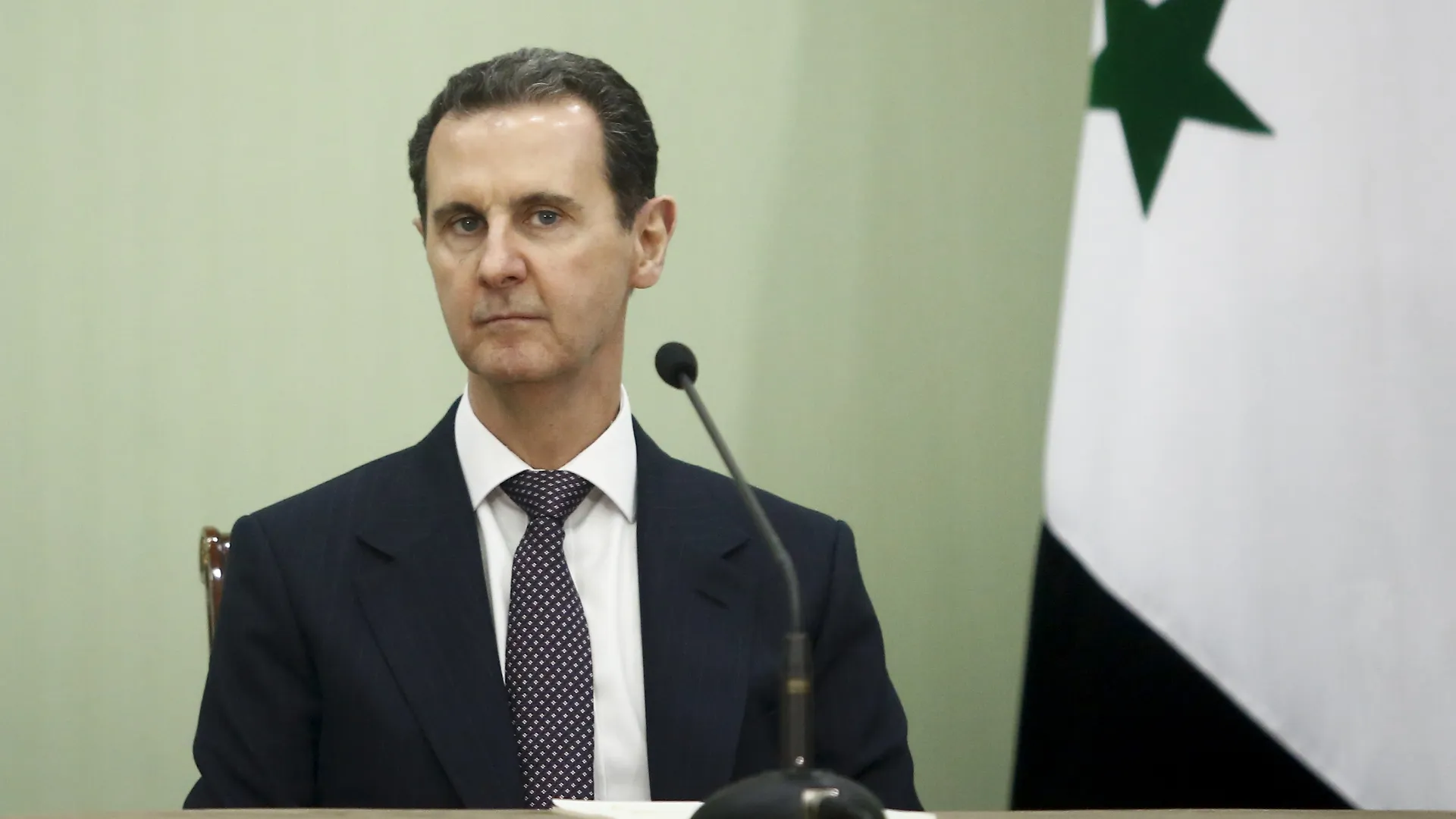By Olu Onemola
As I woke up and turned on my phone this week, the first tweet on X that I saw stated: “Damascus has fallen. Assad has fled to Russia.” Getting out of bed to start my day, I shook my head, saying to myself: “These guys, they never learn…”
In February 2011, inspired by the Arab Spring that was sweeping across the Middle East, protests erupted in Benghazi, Libya’s second-most populous city. These protests, which quickly spread across Libya, were met with fierce and violent resistance by Muammar Gaddafi’s forces, who used live bullets against the protesters. By March that year, to “protect the civilians” in Libya, acting on United Nations (UN) Resolution 1973, the UN authorized a no-fly zone over Libya. By August 2011, five months after this international no-fly zone was enforced, anti-Gaddafi forces, backed by NATO air support, captured Tripoli — the Libyan capital. With that, Gaddafi’s control over Libya collapsed, bringing to an end his controversial 42-year reign.
Two months later, in October 2011, Gaddafi was captured, tortured, and killed in Sirte by rebel forces.
Similarly, in March 2003, fueled by global sentiment that followed the September 11th, 2001 terrorist attacks in the United States (US), the US and the United Kingdom (UK) launched the Iraq War — claiming that Saddam Hussein was linked to the terrorist attacks and was in possession of weapons of mass destruction.
By April that year, US forces had captured Baghdad, and citizens took to the streets to topple Saddam Hussein’s imposing statue. By the end of that year, Saddam Hussein was captured hiding in a “spider hole” near his hometown, Tikrit. His trial, which was largely said to be a show trial designed to legitimize the new Iraqi government, culminated in a death sentence. Saddam was executed by hanging in December 2006, marking the end of his rule but leaving Iraq deeply fragmented and embroiled in sectarian violence that persists to this day.
These historical parallels are impossible to ignore. Both Gaddafi and Saddam Hussein ruled their countries with iron fists, projecting images of invincibility that eventually crumbled under internal uprisings or external interventions. In both cases, the collapse of their regimes left power vacuums that unleashed chaos that neither domestic forces nor international actors could contain.
So when I read that the House of al-Assad had fallen after the 53 year rule of Hafez al-Assad and his son, Bashar, I couldn’t help but wonder if history was, once again, repeating itself. The younger Assad, who clung to power for over a decade through sheer brutality — leveraging Russian and Iranian support to suppress rebellion — was often compared to the likes of Saddam and Gaddafi.
Yet the fall of Damascus carries a different weight. Syria’s civil war, which began in 2011 as part of the Arab Spring, became a proxy battlefield for global powers. What started as peaceful protests in Daraa against Assad’s regime spiraled into a conflict involving the United States, Russia, Iran, Turkey, and extremist groups like ISIS. Over the years, this war claimed hundreds of thousands of lives, displaced millions, and left much of the country in ruins.
Assad’s grip on power, once secured by Russian airpower and Iranian militias, is now over. But the question remains: will the fall of Damascus usher in peace, or will it become another cautionary tale of post-dictatorial chaos?
Clearly, Israel appears unwilling to take any risks. Just two days ago, Israeli aircraft launched airstrikes on strategic targets across Syria’s capital. These strikes are widely viewed as a preemptive measure to prevent radical groups, now dominating Syria, from acquiring advanced weaponry.
As I scrolled further, I saw familiar debates reigniting on X: “Was the regime change worth it?” “What happens to Syria now?” “Will the power vacuum lead to another decade of war, or can Syrians finally rebuild their shattered homeland?”
For the people of Syria, the fall of Damascus is not just a moment in history — it is the beginning of a new chapter that is fraught with uncertainty — and new actors at the helm of its affairs. It is a reminder that toppling a regime is one thing; while building a nation is another. And as the world watches, Syrians will face the monumental task of rebuilding their war-torn country from the ashes — hoping to avoid the pitfalls that followed the falls of Gaddafi and Saddam.
It is often said that “There are decades where nothing happens; and there are weeks where decades happen.” The events that are unfolding and have unfolded in the Middle East this year remind us that we are witnessing history in the making. Yet, history has taught us that revolutions tend to come full circle.
Will Syria be the exception?
Only time will tell.
— Olu Onemola writes from Abuja —

 Join Daily Trust WhatsApp Community For Quick Access To News and Happenings Around You.
Join Daily Trust WhatsApp Community For Quick Access To News and Happenings Around You.


